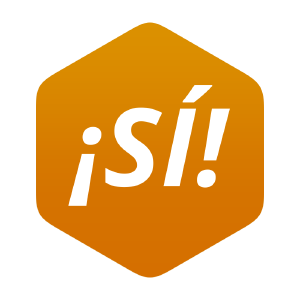10.3: Preguntas para guiar tu lectura
- Page ID
- 93945
1. ¿Qué cultivos se domesticaron por primera vez en las Américas y dónde?
2. ¿Qué aprendimos de los olmecas sobre la transición de los caciques a los estados?
3. ¿Cómo apoyaron los mayas una urbanización tan rápida?
4. ¿Cuáles fueron algunas de las características de la vida urbana en Teotihuacán y Tenochtitlán?
5. ¿Cómo construyeron Los Moche, Huari y Chimú su influencia regional?
6. ¿Cómo utilizó los incas los recursos locales para construir su imperio?
7. ¿Cuál fue el papel de Macchu Picchu dentro del Imperio Inca?
8. ¿Cómo pudieron superar las lluvias limitadas las culturas del oeste norteamericano?
9. ¿Qué rasgos compartieron las culturas constructivas de montículo de América del Norte?


